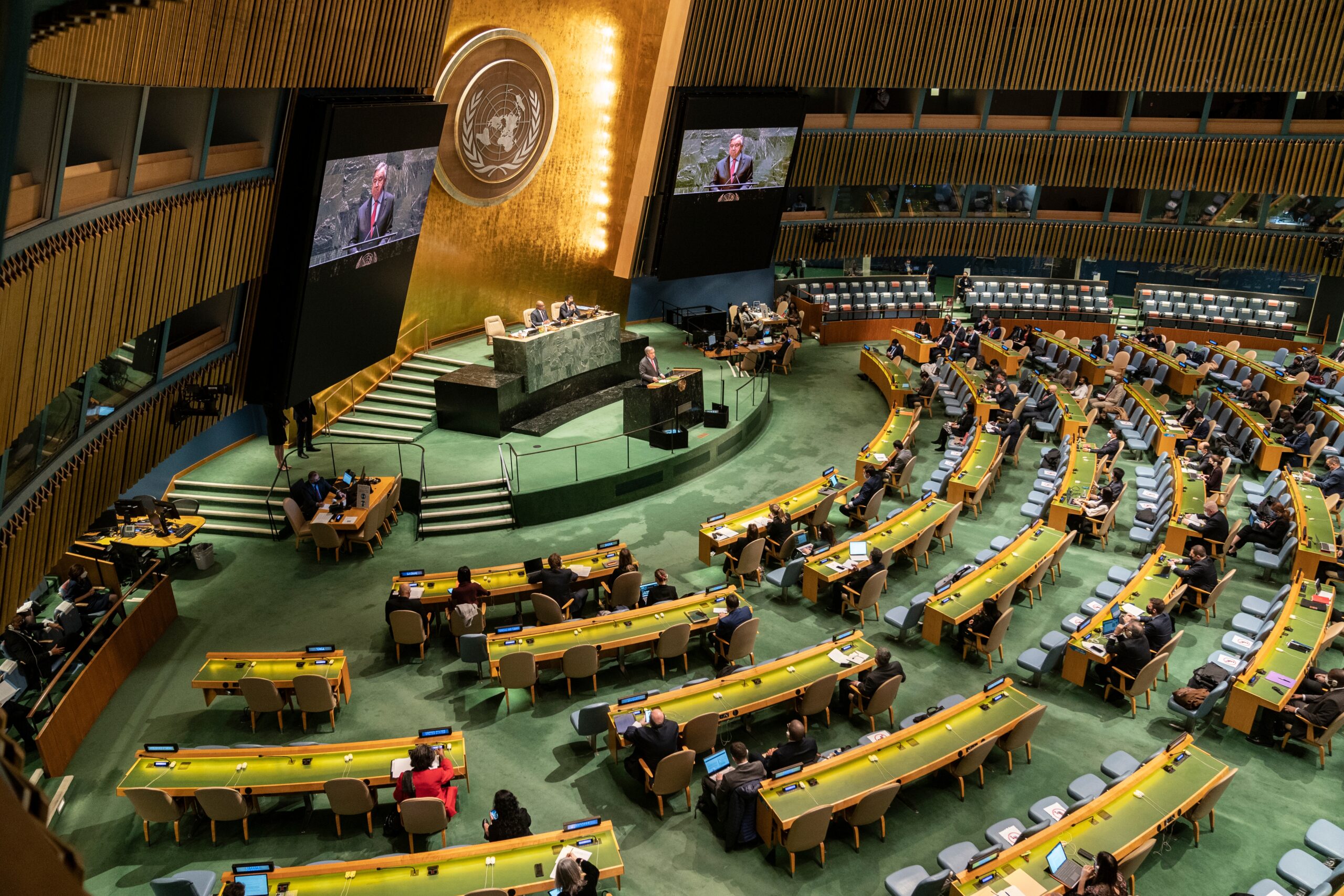The Rwandan government changed key aspects of its tax policy following pioneering research by the International Centre for Tax and Development (ICTD), based at IDS.

In recent years, mass registration campaigns have been considered by policymakers and donors alike as a speedy way to boost lower-income countries’ tax revenues. ICTD’s research, in collaboration with the Rwandan Revenue Authority (RRA), followed by an article for leading academic journal, World Development, however, established that many people being registered via mass campaigns in Rwanda had no income to declare. This was unproductive in revenue terms and yielded no benefit for tax authorities. The RRA consequently decided to deregister tens of thousands of taxpayers, many of whom had been registered through mass registration campaigns, and waive penalties related to their recent declarations – a move welcomed by the Rwandan public.
ICTD researchers also collected statistics on taxpayer behaviour in five other African countries. Their findings – including that inactive taxpayers make up the majority of those registered – are contributing to better global understanding of equitable ways to increase revenue in lower-income countries.
In November 2023, a UN General Assembly resolution opened negotiations on a new UN framework convention, a historic moment in global tax governance. ICTD contributed to the UN’s evidence base, after being commissioned to prepare two inputs on lower-income countries’ views of existing UN tax models and bodies, for a preparatory report by the UN Secretary-General ahead of the resolution.
A member of the UN team writing the report also attended the ICTD’s Global Tax Governance at a Crossroads conference in Nairobi, where discussions were said to have directly informed the Secretary General’s report.
